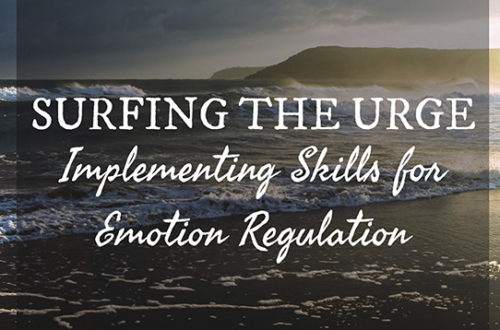Commitment, Intimacy, and Fun
by Tai Yong, MA, LPC, NCC
Yale University psychologist Robert Sternberg did some pioneering work that attempted to answer the question, “What is love?” He came up with a “Triangular Theory of Love,” which says that there are three elements to love: passion, intimacy, and commitment. One might say that they represent the physical, the emotional, and the cognitive aspects of the relationship between husband and wife.
While one may think that that the ideal case is an equilateral triangle where the three sides of the triangle are equal (i.e., in terms of strength or depth), I tend to think that the best case is one where commitment is given the most weight. One does not have to be a biblical scholar to know how much emphasis the Bible puts on faithfulness and commitment. God himself has committed to be faithful to his people and he asks us to be faithful and committed in our marriages. The reason God teaches, commands, and demonstrates commitment is that it is the foundation to any lasting relationship.
But what about intimacy? What is God’s will for intimacy in a marriage when we do not see this aspect emphasized as directly as commitment? I believe that when you know that your spouse is committed to your marriage for life, regardless of circumstances, you recognize it is safe to be vulnerable and open. This naturally leads to true intimacy, and true intimacy to genuine passion. So persevering in our decision and respecting our spouse’s determination creates a safe marriage, which is the crucial first step towards deeper intimacy and healthy passion.
What happens in many marriages is that the couple has experienced some level of intimacy and thinks that things are (or should be) running smoothly. With this frame of mind, they stop paying attention and cease to nurture the relationship. By the time they sense that things are really wrong, they have been drifting apart for a long time. So much negativity has built up over time that they do not even know where to begin addressing their problems. They have fallen into a pattern and have become stuck in their cycle of negative interactions. in such situations, it’s very hard for couples to talk openly and honestly discuss the issues without outside help. They need to learn (or re-learn) how to communicate and resolve issues.
While couples are learning to improve their communication and conflict resolution skills, I believe it’s essential that they learn (or re-learn) how to have fun. According to a survey by a well-known marriage research group at the University of Denver, it’s between the 6th and 19th year of marriages when people have the least fun. This is true whether they have children or not. The research also found that men and women may have very different interpretations as to what a date or what fun is. When counseling couples, I often ask them to go home and separately come up with a list of fun activities, taking into consideration the time and expense required, if any. In marriage, intimacy and fun are almost equivalent. Fun activities allow the couple to express intimacy, and greater closeness leads to more fun.
There are roadblocks to having fun other than being too busy. These can be a lack of trust, current or past hurts, lack of self confidence, or other reasons. But must couples wait for all of these to be corrected and healed before having fun? My belief is that fun can be an important part of the solution to a couple’s issues, and the process of having fun can be a part of the healing process. Even when a couple is working on some hard issues, simply having a cup of coffee and talking about non-essentials can do more good than being isolated and stewing over negative memories. I think it is much better to become aware and monitor the barriers while having fun, and to talk about the barriers either by the couple themselves or later with a therapist.
Each married person brings their own personality, desires, strengths, weaknesses, and past baggage into the marriage. Conflicts and disappointments can be used as reasons to criticize, blame, or escape, or they can be taken as opportunities to grow. The one single thing that will determine the trajectory of your marriage and help your spouse to know it’s safe to connect with you is your total commitment. In a safe, committed relationship, conflicts become opportunities, intimacy will deepen, passion and fun will grow.




